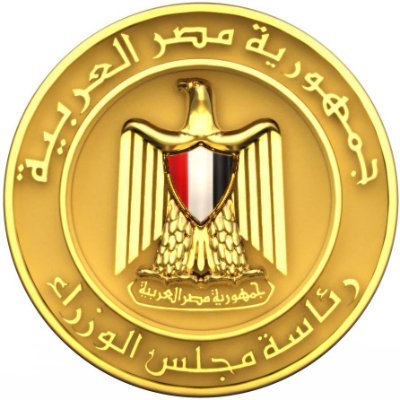With pride, the Egyptian Ministry of Trade and Industry published, a few days ago, a statement in which the Egyptians announced a significant victory for the rights of developing, net food-importing countries, during the Twelfth Ministerial Conference of the World Trade Organization in Geneva, through its success in urging the rest of the member states to pay attention to food security for these countries.
A simple refutation of the statement of the Ministry of Trade, through independent sources, reveals that the victory referred to is nothing but a “fake” achievement, which the ministry is promoting to cover up its failure to persuade WTO members to agree to a decision submitted by Egypt allowing the exclusion of net food-importing developing countries and the least developed countries from its obligations to support and subsidise its farmers.
The “imaginary” victory that the Ministry of Commerce talked about is an extension of the regime’s propaganda of President Abdel Fattah Al-Sisi, which works to improve its image popularly and cheer, maximise and glorify it in every act and word it brings.
The Egyptian proposal failed
Egypt submitted a proposal to the Twelfth Ministerial Conference of the World Trade Organization, on behalf of the Arab, African and Least Developed Countries Groups, requesting that WTO members refrain from appealing through the WTO’s Dispute Settlement Mechanism, the compliance of net food-importing developing countries and least developed countries with their obligations to support and subsidise its farmers, to secure essential food crops for its food security, provided that the decision will be valid for four years if approved. Under WTO standards on agriculture, governments are allowed to subsidise up to 10% of a country’s agricultural GDP in the case of developing countries (such as Egypt) and 5% for advanced economies, which limits the ability of Egypt and other developing countries to purchase certain goods of farmers at prices higher than their global counterparts, to support and encourage them to continue farming and not abandon their lands.
Egypt failed to pass its proposal within the final package of the conference. At the same time, it succeeded in including a promise from the organisation’s members of practical and tangible measures to study, giving the developing net food-importing countries sufficient flexibility to increase their production capacities and obtain the appropriate funding for their food imports without any binding agreements or specific timetables. While the Ministry of Commerce statement referred to a comment from Ms Ngozi Iweala, Director-General of the World Trade Organization, at the closing session of the conference, the report did not cover Iwela’s words, in which she acknowledged differences on some issues, including public stocks for food security and domestic support, cotton, and market access, without members being able to achieve consensus on a new roadmap for future action.
The regime’s propaganda
Over the past few years, the regime has repeatedly stated that the “economic reform” program supported by the International Monetary Fund has been remarkably successful in achieving its goals and has enabled the country to stand up to various economic challenges, including the Corona pandemic, the financial crisis, and the current energy and food crisis. This is nothing more than cheap propaganda, as no one knows what the system defines for the success of the economic program. Is the rise of external debt to record levels a win for the economic program? Is the increase in debt from $63 billion at the end of 2016, which coincided with the start of the alleged economic reform program, to $145 billion at the end of 2021, considered a financial success?
Is the collapse of the value of the Egyptian currency by more than 130 per cent against the dollar success of the economic reform program? Is the increase in the number of the poor from 25 million before the implementation of the economic reform program to 30 million in the middle of 2020 (the latest figures available, and it is believed that they rose after the Corona pandemic and the economic crisis), a success? Is the suffering of the middle class and the relegation of many of its sons to the poor class a success?
Is devouring about 54% of the total state budget expenditures a success for the economic reform program? Is financing more than half of the budget through borrowing a success? Is reducing subsidies for citizens and besieging them with tax burdens from every side a success? Is selling state property to meet debt success? Is the current economic crisis caused by the regime’s inability to pay the state’s debts a success? If this is a success, then what does failure mean? If the system is so successful, when will we say it has failed, when the whole country collapses under the weight of its cheap propaganda?
Another example of the fake achievements promoted by the regime was when it announced the drilling of a new branch of the Suez Canal in 2014, which required billions of dollars to complete in record time. The regime told the people that this branching would lead to an increase in the canal’s income from 5.3 billion dollars at the time to 13 billion dollars by The year 2023. We are now on the cusp of the promised year, and the maximum income achieved by the channel did not reach half this figure, as it recorded only $6.3 billion at the end of 2021.





Recent Comments